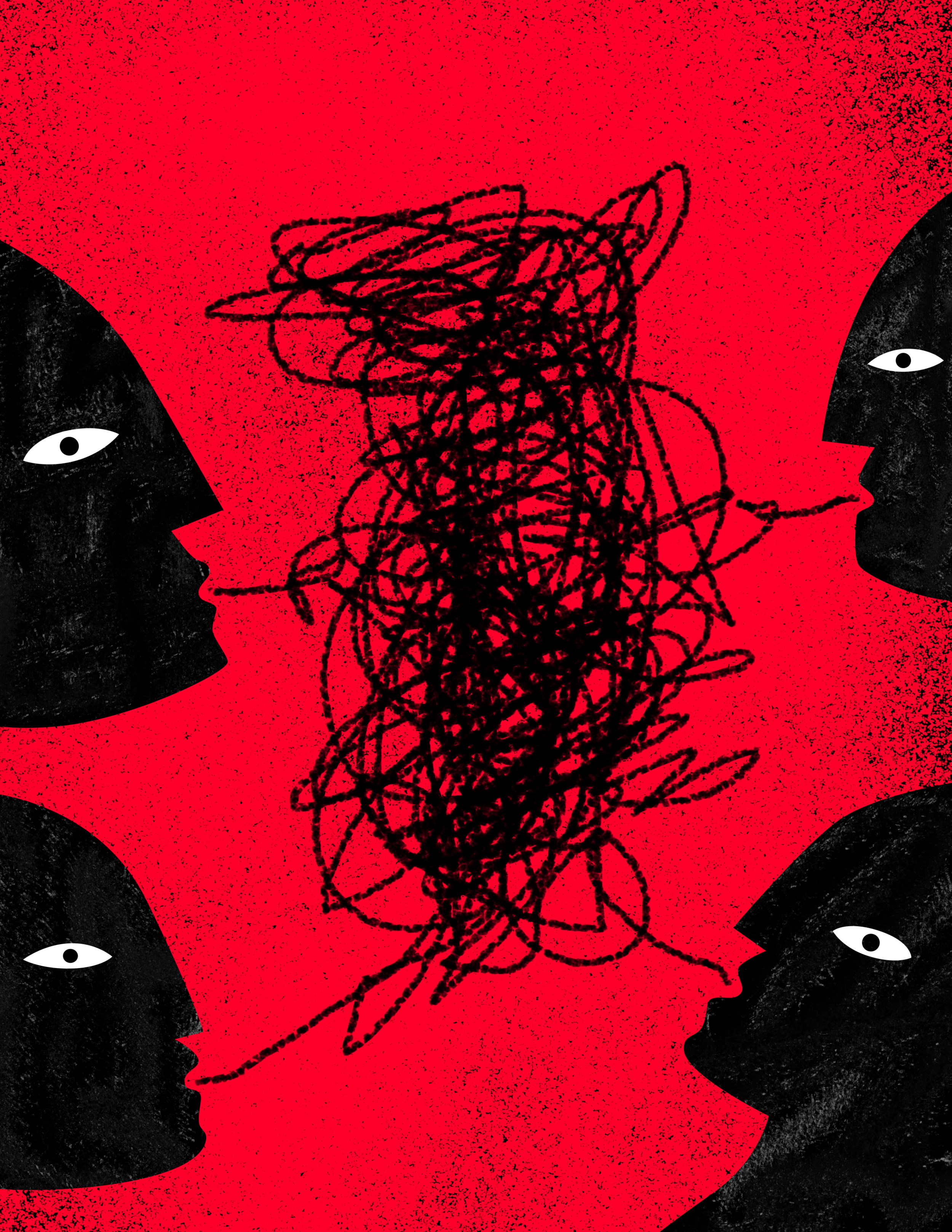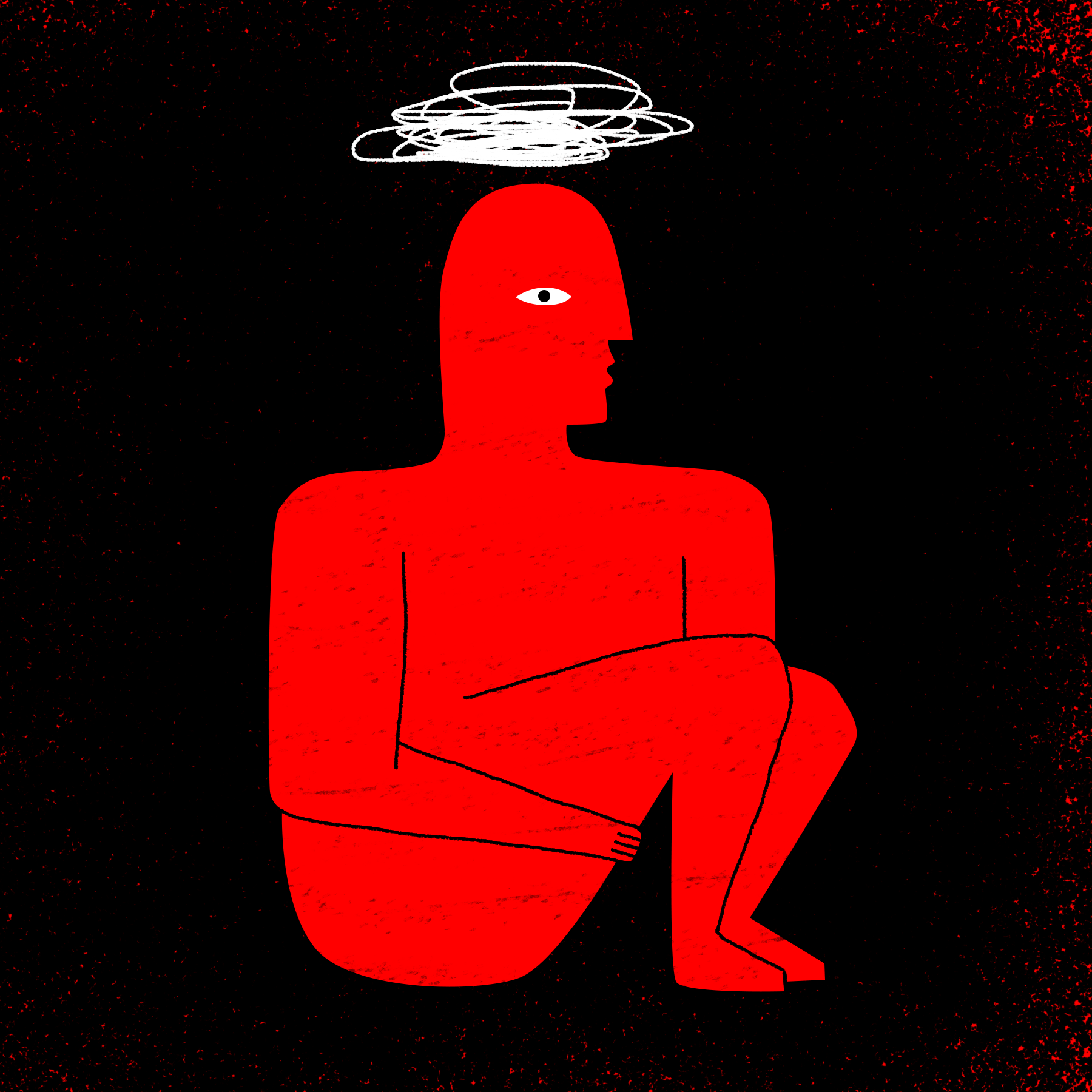Mandatory Reporting: Helping, Hurting or Irrelevant?
Mandatory reporting was created to help protect those in harm's way, but are the repercussions worth making the report?
By Isabel Teitelbaum
Mandatory reporting seems like an effective concept. You see a child or vulnerable adult being abused or neglected, and you report it. But how does the system affect the relationships between workers and the people they work with? The relationships people have with their physicians, social workers, teachers, therapists, and law enforcement are built around trust. Honesty is needed for these people to effectively do their jobs, but is there a cost to them or the people they’re helping?
Only certain jobs and licenses come with mandated reporting, mainly those that require working closely with children. It’s an additional responsibility, making those workers legally obligated to report the abuse, neglect, or financial exploitation of any minors or vulnerable adults. This covers any kind of abuse: sexual, physical, or emotional. Jean Baribeau-Thoennes, director of counseling at the University of Minnesota-Duluth, said that most of the cases she reported during her time as a social worker were neglect.
Neglect is harder to prove than physical abuse or malnutrition—there’s no physical evidence. When unsure, Baribeau-Thoennes found it helpful to call the Initial Intervention Unit for her county and run situations by them. Without giving names, Baribeau-Thoennes said she would ask if they considered it a situation that required reporting. After Baribeau-Thoennes decided to report to the Initial Intervention Unit, they would interview suspected victims. Because the victims were often children, the Initial Intervention Unit would interview at school for a safer atmosphere.
Everyone has felt the loss of a stable atmosphere while dealing with the coronavirus. It has had an effect on everything, including the rise of potential child abuse from stressed home environments. Now that kids are under quarantine and at home all day, no one from the outside world can talk to or watch over them and notice absences from school, changes in attitude, or bruises. Things like absences from usual activities and children not receiving adequate care have become harder to monitor.
Mandatory reporting was born from good intentions. Pensylvania was the first to enact a law that specifically required certain professions to report child abuse, and in 1975, the PA Child Protective Services Act was signed. Those who are vulnerable and at risk in our society need help, but the system rarely fixes the problem. Those who will report people being mistreated will do so regardless of the title they bear. Ideally, the system works by making sure that mandated reporters have an incentive to report mistreatment, but some fear it binds them to a rigid standard that may not always suit the situation.
Reporting can be a stressful undertaking. Baribeau-Thoennes worked at juvenile corrections, juvenile probation, and transitional housing facilities before working for the university. She recalls one of the first times she was forced to report while at the juvenile center.
It was a girl, about 14 years old at the time, who she had worked with for years. Baribeau-Thoennes said that everyone she worked with suspected that the girl was being abused. But she didn’t tell anyone until she was talking with Baribeau-Thoennes one day, and it all came out.
“When I told her that I had to report it, she just begged, ‘No, you can’t. Please, please you can’t.’ And that to me was one of the worst experiences,” Baribeau-Thoennes said. “I actually hate to admit this out loud, but I went through this period where I thought maybe I just don’t do it, maybe I keep it to myself. And then I thought, I can’t do that.” To Baribeau-Theonnes, breaking the girl’s trust was the hardest part.
As a foster parent and member of Mentor Duluth, Colleen Belk is a mandated reporter. She felt that during training, the foster care system helped her to understand what should be reported. But training can’t prepare people for making a report. “It took me years to feel comfortable calling,” she said.
She has to call a social services number to make reports. When she has called, she’s never talked to a person. She leaves a message and doesn’t hear back. “That experience has been echoed by many people in my foster care support group. They feel like you’re talking into this vacuum when you call,” Belk said. “You don’t ever get any feedback.” She says that the lack of feedback has left her feeling discouraged and unsure of her judgement when deciding to report.
Because the system is so overwhelmed, cases can go unaddressed for long periods of time, leaving the endangered party at risk or in a more vulnerable situation than before. This system can turn people off from reporting, feeling that their report will accomplish nothing and will only create more uncertainty. For mandated reporters in Minnesota, failing to make a report is a misdemeanor.
“It is an overwhelmed system, but if nobody is telling what is going on, then for sure nothing is going to happen,” Baribeau-Thoennes said. According to UnDispatch, the United States has the fifth-best environment for children.
In 2018, over 86,000 reports of child maltreatment were made in Minnesota. Over half of those reports were not accepted, primarily because the report did not meet the threshold for maltreatment. According to the 2018 Minnesota Child Maltreatment report, mandated reporters were approximately four times more likely to report and more of their reports were accepted. After a report is accepted, there is an assessment or investigation.
In cases involving temporary or emergency care givers, such as respite care, the mandated reporter can be put in a risky position. There is a more personal relationship between temporary caregivers and the family than for other mandatory reporters, such as teachers. “If that family thinks that I’m reporting them, it’s over,” Belk said, “I’m not going to get to be their mentor anymore. I’m not going to be able to step foot in the house. The mom can cut me off any time.”
Belk said involving the guardian(s), social workers and foster parents or respite care all in a mediation may be more beneficial for all parties. It’s a situation where everyone would be able to talk things over instead of the constant uncertainty about what will happen after a report is made.
Since mandatory reporting only applies to minors and vulnerable adults, when someone turns 18, it’s up to them to report abuse. In Minnesota, mandated reporters must report the abuse of a child that has occured, or they believe has occurred, within the three years of the event.
For example, in Minnesota, when someone goes to talk with a mental health counselor, what is talked about during the session is confidential, with a few exceptions. Baribeau-Thoennes said she would be obligated to report if she learned that a child or vulnerable adult was at risk or if the person intended to harm themselves or someone else. This system ages people out of protection, but people don’t age out of abuse.
“I’m not talking about somebody coming in, talking about having thoughts or experiences of suicide—people tell me that stuff all the time,” she said. “I’m talking about somebody who has made the decision.” Thoennes considers this responsibility a part of mandated reporting.
It’s important to keep a dialogue, so we can think of innovative and effective ways to prevent abuse. We often think of children as the only vulnerable population, but adults might find themselves in vulnerable positions where they are subject to abuse, and no one reports it. Adults are left with the sole option to prosecute, but just because the option exists doesn’t mean a person has the means or ability to do it.
Mandatory reporting intends to provide an extra layer of protection. While not a perfect system, it’s still important for people to continue shedding light on abuse. There are repercussions on both ends. A lot of those repercussions directly affect the mandatory reporter and can impact how they do their job. Are resources and training provided to those helping the most vulnerable populations right now, enough?



